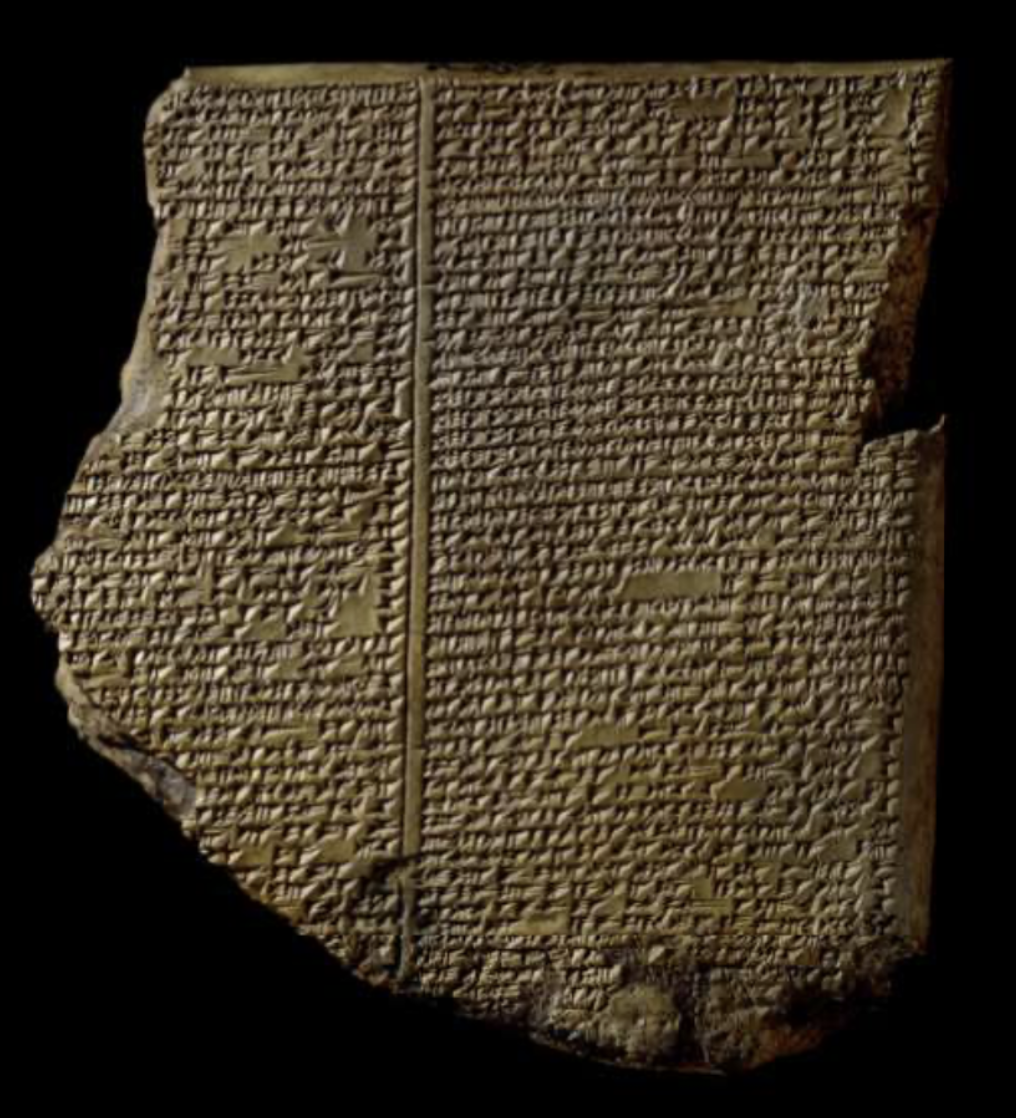Inspire 21-Day Devotional: Illuminating God's Wordਨਮੂਨਾ

WEEK 3, DAY 1: WHERE DID THE BIBLE COME FROM?
This final week will answer the question of how the Bible came to be. Where was it written, and under what circumstances? As we explore the various cultures in which the authors of Scripture lived, we will see how God preserved his word and remained true to his promises across centuries.
Ancient Near East
The Bible is full of history, beauty, and wisdom but it’s not an easy book to read. There are wild narratives, long lists of recorded names, and a multitude of laws that seem strange or repetitive. Why couldn’t the authors just write like journalists? It might have occurred to you that the ancient nature of these stories makes them very different from what we read today. Language, culture, time, and worldview all go into the context of every piece of literature ever written, and the further you get from the original context, the harder it is to interpret.
The Old Testament was written by authors from a small people group called the Israelites. Though they were called to a unique task, they wrote in ways common to the world at that time. In fact, when compared with literature from the Egyptians, Hittites, Babylonians, and Canaanites, it becomes clear that the Hebrew Bible is a prime example of literature from the ancient Near East. These groups shared culture, language, and paradigms, much like neighboring countries do today. If you were to compare other written histories from the ancient Near East, you would see many similarities because that was simply how they explained their world at that time. For example, many ancient cosmologies (creation stories) have major plot points that could be mapped directly onto the account we see in Genesis 1 & 2. And Genesis 6–8 is not the only record of the Great Flood. The Epic of Gilgamesh and several other ancient works also record how one man and his family built an ark to survive a worldwide deluge.
Yet while the Bible is rooted in the cultures of the Ancient Near East and reads in ways that show similarities with other texts from that time period, it is the differences that stand out. Where other creation stories tell of created gods, the God of the Bible has always been. While other cosmologies tell of a humanity created to serve the gods and be subject to their whims, Genesis tells us of a humanity created to rule alongside and in communion with God. Indeed, Scripture says that God blessed them, giving them authority over all the earth and living things so long as they remembered the One who blessed them.
To summarize, the Bible cannot be fully understood apart from its ancient Near East context. Yet when read against this backdrop, the Bible cannot help but stand out: for there is no other book like the Bible and no other god like the God of Israel.

Artifact: The “Flood Tablet” of the Epic of Gilgamesh
The so-called “Flood Tablet” of the Epic of Gilgamesh is the eleventh in a series of twelve tablets that were discovered in the ruins of Ashurbanipal’s (r. 669–631 BC) great library in Nineveh. While this tablet dates to 7th century BC, on the basis of the discovery of older fragments and translations scholars suggest that the original work dates to around 2000 BC. In the “Flood Tablet”, Gilgamesh, the protagonist of the story, journeys to visit Ūtu-napishti (whose name means “he has found life”) in search of immortality.
Upon his arrival, Ūtu-napishti recounts how, by divine command, he built a large boat in order to survive a coming flood. As with the Genesis account, Ūtu-napishti sends out birds to know whether or not the water had receded, the ship comes to rest on the top of a mountain, and the first act after disembarking from the ship is to offer a sacrifice. The parallels with the Genesis account of Noah (whose name means “rest-giver”) are clear.
Q1. What are the main themes or ideas of the Scripture passage?
Q2. What does this devotional tell me about who God is?
Q3. How does this devotional challenge or encourage me?
Q4. What specific action can I take to live out this teaching?
Q5. Who should I share this with for encouragement or accountability?
ਪਵਿੱਤਰ ਸ਼ਾਸਤਰ
About this Plan

Welcome to this 21-day devotional journey designed to help you deepen your understanding of the Bible and grow in your faith. Over the next three weeks, we will explore the foundational questions that shape our approach to Scripture. By engaging with these questions, we hope you will not only gain a richer knowledge of the Bible but also develop a stronger sense of trust and connection to God’s Word. Each week, we will focus on one key question: What is the Bible? Can We Trust the Bible? Where Did the Bible Come From?
More
Related Plans

Everyone Should Know - Thanksgiving Special

When Heaven Touched Earth - a 7 Day Journey to Christmas

Lessons From Some Hidden Heroes in the Bible

The Mandate to Multiply.

Scriptures and Hymns to Grow Your Joy This Christmas

Hope in Creator’s Promises

OVERCOME Lust WITH TRUST

Your Prayer Has Been Heard: How God Meets Us in Seasons of Weariness and Waiting

Adversity
